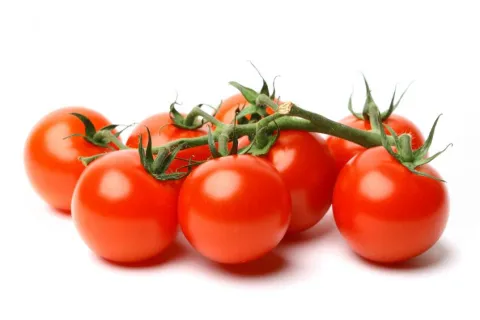Patentability of plants: EPO refers decision T1063/18 to Enlarged Board of Appeal
March 29, 2019
The high-profile issue whether plants obtained by essentially biological processes can be patented will be referred to the Enlarged Board of Appeal (EBA) of the EPO.
This has been decided during the 159th meeting of the Administrative Council earlier this week. According to an EPO press release, contracting states expressed their concerns with regard to the legal uncertainty caused by decision T 1063/18 (analysis here) during the meeting and president António Campinos received ‘broad and overwhelming support’ for his proposal to refer the case to the EBA.

According to the press release, Campinos announced that the EPO ‘will proceed swiftly to submit the referral. The EPO endeavours to restore legal certainty fully and speedily in the interest of the users of the European patent system and the general public.’
As reported earlier on this blog, an EPO Board of Appeal decided on 5 December 2018 that plants which are produced according to essentially biological processes need to be held patentable, despite EPO Guidelines which were introduced in 2017 to exclude them from patentability.

But in 2016, the European Commission issued a Notice, indicating that the Biotech Directive 98/44 should have been interpreted as that plants obtained by essentially biological processes are not patentable. Taking into account this notice, the EPO Administrative Council amended its Regulations in 2017, in vain however, according to decision T 1063/18.
You may also like















Mouna
I wonder on which legal basis this referral is made, considering that there are no conflicting decisions. Article 112(1)(b): the President of the European Patent Office may refer a point of law to the Enlarged Board of Appeal where two Boards of Appeal have given different decisions on that question. I trust that Campinos's innovative lawyers will find a way. After all, Santo António de Lisboa is the patron saint of lost things.
Attentive Observer
The suggested referral does not change the fact that G 2/12 and G 3/12 exist, and what that the AC and the President want is for the EBA to revise its case law. Where is the claimed legal uncertainty? In T 1063/18, the BA has considered that the amendment of R 28, which was carried out in the wake of an opinion of the EU Commission, not even a decision of the CJEU, was against the interpretation of the EPC by the EBA in decisions G 2/12 and G 3/12. A referral would only be legitimate if a different BA, or even the same BA, but in a different composition, would arrive at the opposite conclusion of T 1063/18. The possibility for the President of the EPO to refer questions to the EBA should not be misused for political reasons. The only time the EBA changed its case law was in case of an opposition by the proprietor himself. In G 1/84, such an opposition was admissible. From G 9/93 onwards, such an opposition was not any longer possible. The route to this change of case law was prepared in decisions G 9/91 and G 10/91, according to which the opposition is a contentious procedure between a proprietor and at least one opponent. In the meantime, the opponent has the possibility to, limit its patent, cf. Art 105 a), b), c), so all those decisions are not any longer relevant. . The first question to ask is whether such a referral is at all admissible. There is no change or divergent case law of the Boards. Why should the EBA say anything different from what it said before? The envisaged referral actually requires the Enlarged Board to disregard its own case law. If G 3/08, the referral of Mrs Brimelow about CII (to please judges in her home country), was considered not admissible, this referral is even less admissible. I hope that the EBA will resist this attempt to influence it, as it resisted the attempts of the predecessor of the present president in G2301/15 and G 2302/15. The only way to change the situation is to amend Art 53, b). But this is a solution which is more complicated and not so easy to implement. But this is the only "clean" solution. The AC and the President should have the courage to use the correct means to incorporate any societal change into the EPC. After all the EPO has lots of important member states, which are not member of the EU, and the 27(28?) member states of the EU should not impose their views on the non-EU member states. If all member states of the EPO agree, and the correct procedure is applied, then there is nothing to say, but any attempt to influence the case law of the EBA should be resisted. Techrights: FINGERS OFF!! Directly or indirectly!!
Peter
Appeal case T 1063/18 as such is of course not referred at all to the Enlarged Board. There is no way the President can do that. The President may refer a point of law to the Enlarged Board, but such a "point of law" is not an appeal case. The point of law is not even in connection with a specific patent application or patent. A point of law is a general question on a legal topic.
epo stakeholder
I understand the critical comments regarding the legality of a referral by the President of the EPO in this case and the concern about independence of the Boards of Appeal. However, independence should not be a synonym for autism. The Boards of Appeal should not ignore other legal components of the overall context such as the existence of statutory protection for plant varieties and the EU biotech directive.and take them into account as much as the case law of national courts. Another significant aspect is the case is that the independence of the Boards of Appeal may be a pretense for non-EU member states of the EPO to shield the Boards of Appeal against the influence of EU legal rules and give them disproportionate influence over the EPO case law.